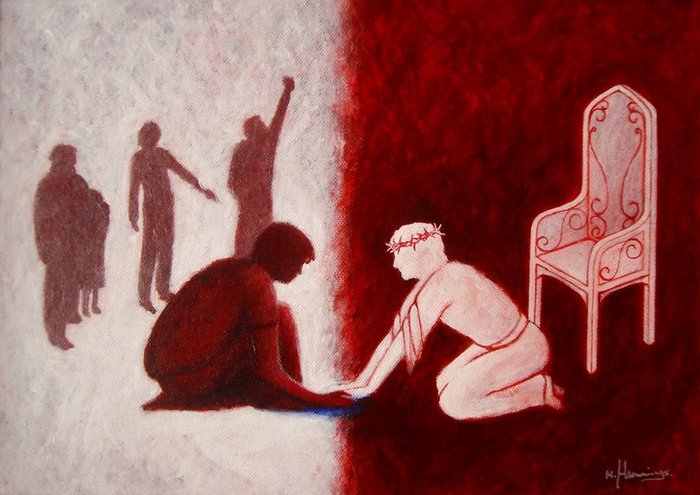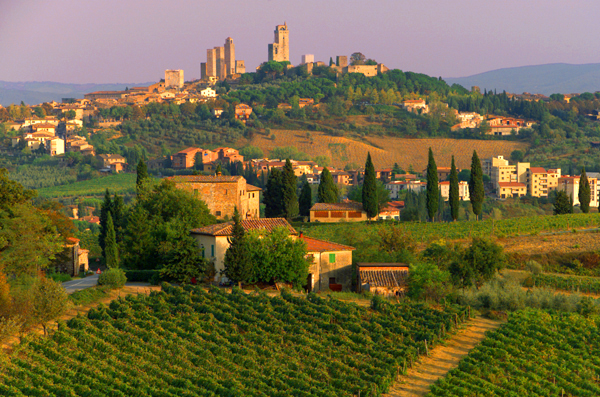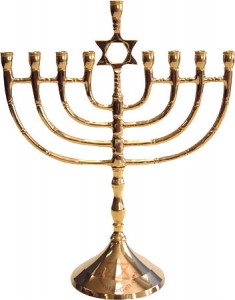Best of British: Part 8
 I’ve now posted quite a few Best of British posts and, although I’m sure I’ll do one or two more at some point in the future, I’ve pretty much covered most of the British comedy shows that I love. For this entry I thought I’d mention two relatively recent shows produced by the comedy duo David Mitchell and Robert Webb.
I’ve now posted quite a few Best of British posts and, although I’m sure I’ll do one or two more at some point in the future, I’ve pretty much covered most of the British comedy shows that I love. For this entry I thought I’d mention two relatively recent shows produced by the comedy duo David Mitchell and Robert Webb.
Peep Show
The dubiously named “Peep Show” was my first exposure to Mitchell & Webb. The show’s central characters are two friends, Mark and Jeremy. Mark is repressed, uptight and slightly obsessive, whereas Jeremy is his antithesis: directionless, hedonistic and more than a little thick.
The humour is often crass and tasteless, but has some really wonderful moments. The camera will often switch to the view of one of the characters and, when this happens, the audience gets the privilege of hearing that person’s inner monologue. Upon trying to talk his way out of a tricky situation you hear Jeremy think “That’s it, just say whatever you need to say….they’re just words…you can think about what they mean later”. We are also treated to a wonderful presentation of “bloke wisdom” when, while talking to a girl, we hear Mark think: “My God, she’s beautiful….I bet nobody’s ever told her…I should tell her!…wait, no…if I tell her and she realizes it, she’ll dump me for sure”…
That Mitchell and Webb Look
Following the success of “Peep Show”, Mitchell and Webb produced a comedy sketch show. I think it’s hard to do sketch shows well and it’s extremely hard to keep the comedy standard consistent between different sketches.
It’s quite rare that I ever want to watch an episode of a sketch show more than once, but I’ve found “That Mitchell and Webb Look” to have good replay value, having some particularly great sketches such as the Nasty Vicar, The Homeopathic Emergency Room and, of course, what’s comedy without some Nazis?
 On the occasions I visit a non-Catholic congregation I always seem to end up getting a preacher who tells me to turn to my neighbour and say stuff. Well, it turns out that this presentation technique really annoys Michael Joiner too…
On the occasions I visit a non-Catholic congregation I always seem to end up getting a preacher who tells me to turn to my neighbour and say stuff. Well, it turns out that this presentation technique really annoys Michael Joiner too…

 Wow…just…wow…
Wow…just…wow…
